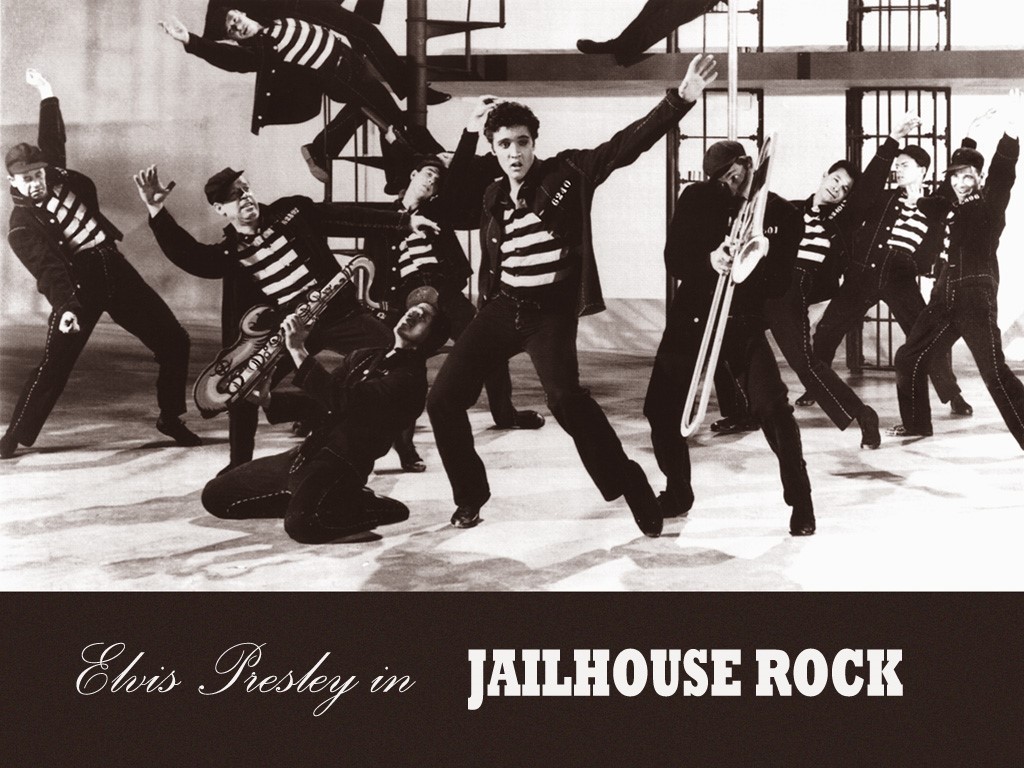_________________________________________________________________________________
_________________________________________________________________________________
_________________________________________________________________________________
So, what if your baseball game isn't exactly the Big Leagues? The Common Core challenges us to lift the academic bar to a higher level. Why not simultaneously lift it for school sports as well?
A Glimpse at the new Common-Core aligned standards for sports in schools, democratically developed and soon-to-be tested for 3rd-8th graders:
 |
Want to join Little League?: Basic Common-Core Level of Proficiency in Baseball
|
 |
How about Pee-Wee Soccer?: Basic Common-Core Level of Proficiency in Soccer
|
 |
The other Futbol: Basic Level of Proficiency in Flag Football
|
 |
JV: Basic Level of Proficiency in Basketball
|
If we don't have standards, then what? No standards? But with them, look how high we can all soar! It's time to raise the bar! Better have another helping of those Wheaties though!






































